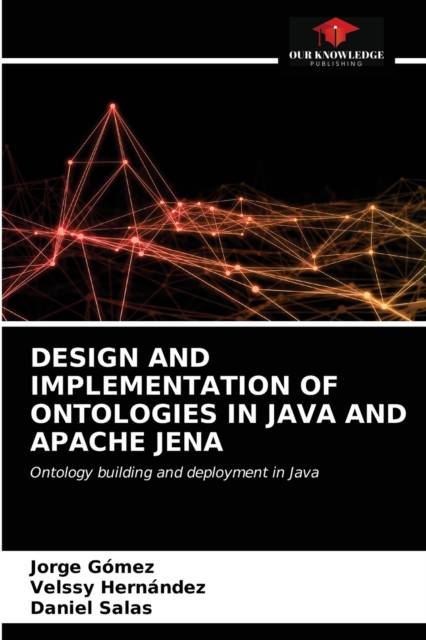
- Afhalen na 1 uur in een winkel met voorraad
- Gratis thuislevering in België vanaf € 30
- Ruim aanbod met 7 miljoen producten
- Afhalen na 1 uur in een winkel met voorraad
- Gratis thuislevering in België vanaf € 30
- Ruim aanbod met 7 miljoen producten
Zoeken
Design and Implementation of Ontologies in Java and Apache Jena
Jorge Gómez, Velssy Hernández, Daniel Salas
Paperback | Engels
€ 112,95
+ 225 punten
Omschrijving
The use of ontologies for data representation is a broad research line within artificial intelligence. Ontologies are used to represent knowledge so that it can be interpreted by computer systems. The applications of ontologies are varied, ranging from the representation of data for the semantic web, expert systems and others. This book initially explains the most common methodologies for the development of ontologies, ranging from the simple methodology, through the Skeletal, until reaching the NeON, each has its own characteristics that make it useful depending on the problem to be modeled and the adoption of the knowledge engineer. Next, a semantic representation model is proposed to describe a university environment, then an ontology is built in Protegé. Finally, Java and Apache Jena are used to execute desktop queries and web services.
Specificaties
Betrokkenen
- Auteur(s):
- Uitgeverij:
Inhoud
- Aantal bladzijden:
- 136
- Taal:
- Engels
Eigenschappen
- Productcode (EAN):
- 9786203402407
- Verschijningsdatum:
- 10/03/2021
- Uitvoering:
- Paperback
- Formaat:
- Trade paperback (VS)
- Afmetingen:
- 152 mm x 229 mm
- Gewicht:
- 208 g

Alleen bij Standaard Boekhandel
+ 225 punten op je klantenkaart van Standaard Boekhandel
Beoordelingen
We publiceren alleen reviews die voldoen aan de voorwaarden voor reviews. Bekijk onze voorwaarden voor reviews.







